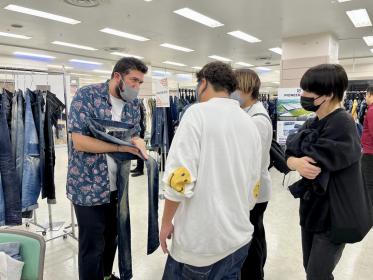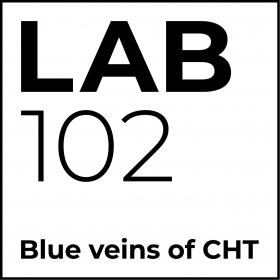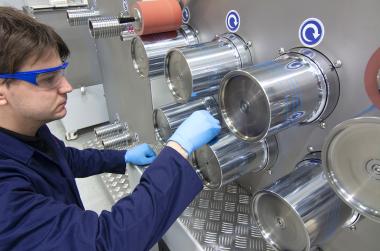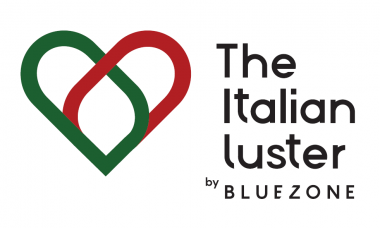Officina39 with SS24 collection at Denimsandjeans in Tokyo
The philosophy guiding Officina39's innovation and development ranges fluidly between exploration of color, denim heritage and artistic expression, but has sustainability and the search for environmentally friendly chemical solutions for the fashion industry as its cornerstones. This is the core vision that accompanied the Italian company, when presenting its latest technologies and collaborations at Denimsandjeans in Tokyo from November 1-2.
Denim & Art
Juan Manuel Gomez, Officina39 Creative Leader, represents the company’s multidisciplinary approach and combines artistic expression with a thorough technical experience. His explorations were drawn on the Denim Art Wall at the fair. Furthermore, in the interactive seminar “Art & Denim As A Process Of Repetition” he explained that there is a constant act of repetition as automatic drawing or pictorial act in the processes of the textile industry.
The SS24 collection
The Multicolor Denim Dreaming collection is a combination of several Officina39’s sustainable key technologies:
- Nebudye D: a wide range of fresh colors to obtain a unique dyeing effect in nebulization/fog system machinery and can be discharged in a creative way with Oz-One Powder, an advanced product to give garments a bleached yet eco-friendly treatment, and Remover IND/J-N, Officina39’s solution to replace the use of Potassium Permanganate (PP) on denim and obtain a worn and distressed vintage look.
- Novantic series: a combination of selected dyestuffs with a special mordanting agent suitable to obtain surface dyeing to provide vintage or old look effects.
- Recycrom™: a patented dyestuffs range obtained through a cutting-edge upcycling process that involves textile fibers from used clothing and manufacturing waste for dyeing and printing applications. Its sustainable and revolutionary powders assure a whole universe of denim effects: from classic authentic vintage to acid wash look (Eco Marble), from printed effect (Indigo Replica) to worn and distressed vintage look (Recycrom™ Dirty).
- Just One Step Process: an innovation that saves time, energy, space and of course water, by combining several phases of the Aqualess Mission at the same time: a raw garment enters the machine and a garment with a basic vintage effect comes out ready to be dried, already treated, bleached and softened.
- Remover Activator: a technology that in combination with PP replacement products creates in one step general bleaching, localized corrosion and highlights effects on jeans.
Officina39 / Menabò Group srl































